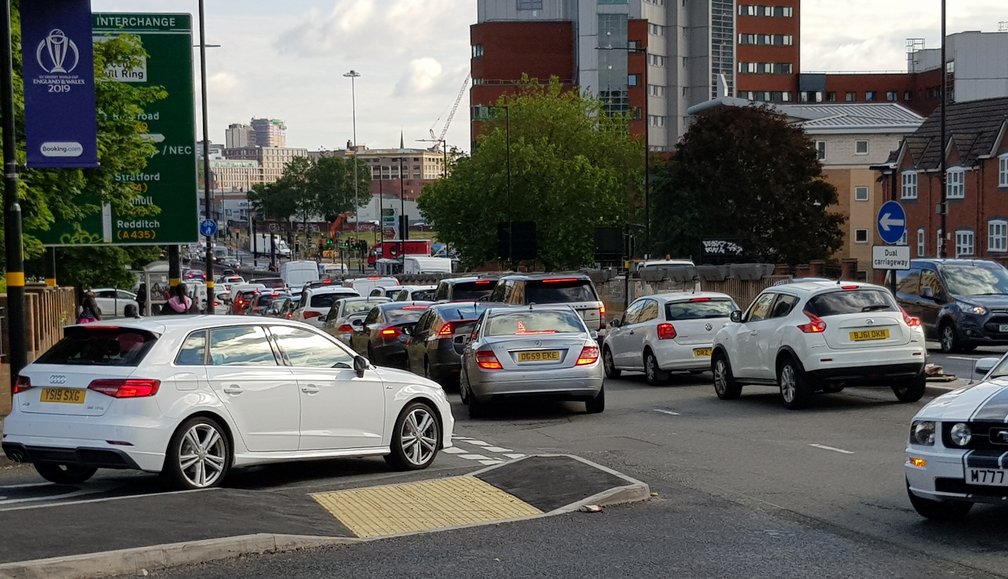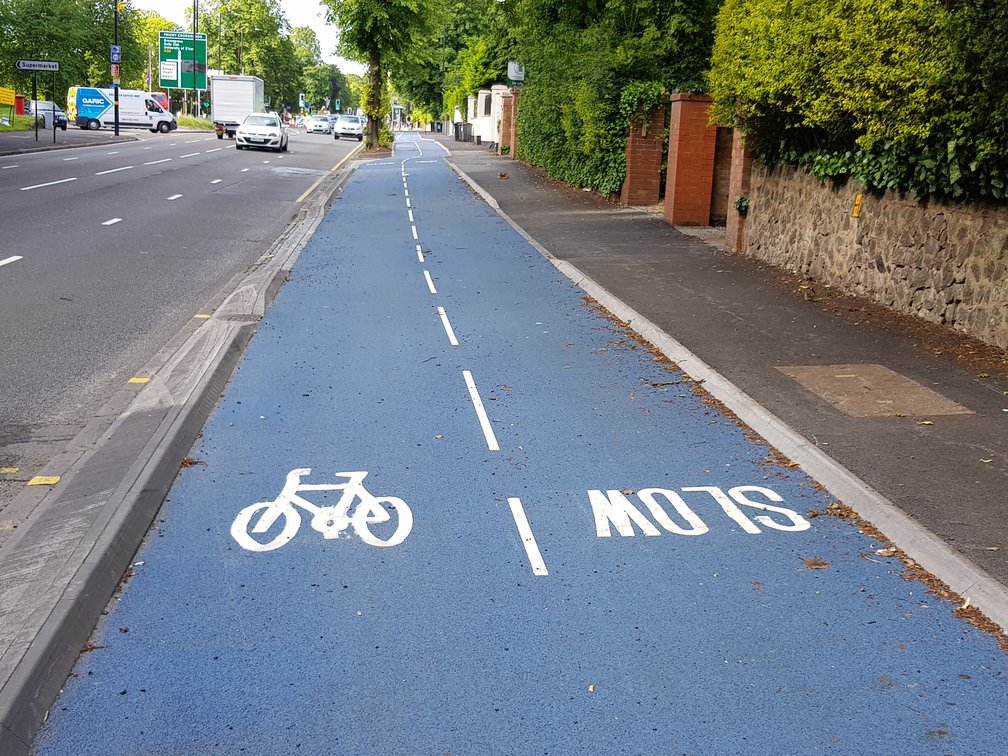
Thursday 20 June 2019 is designated as Clean Air Day. This is an important event. Air pollution is now increasingly recognised as the invisible killer. It is a primary constraint on the performance of city-region economies, on the life chances of those exposed to polluted air and on social welfare costs.
On the 20th June, every resident and visitor to Birmingham should begin to alter their everyday routines to enhance air quality and these alterations, or clean air pledges ideally must be permanent adaptations. Every citizen should act responsibly and be aware of the negative consequences of their actions on air quality. I follow some very simple rules. I never drive a car into Birmingham, but always travel by public transport. In the city, my preference is to walk but avoiding some of the streets that suffer from the worst air pollution. I also live in a one-car household and for nine years we were a carless household. My holidays are based in the UK.
The Clean Air Day website contains a map of events that have been registered that are intended to contribute to enhancing clean air. There are only three events listed on this map for central Birmingham. First, Birmingham City Council is organising a public event in the Cathedral area. Second, Birmingham City Council is hosting a private event to bring together local schools participating in the Clean Air Cops programme. Third, the West Midlands Combined Authority is running a private event to encourage staff to participate in Clear Air Day pledges and will provide staff who complete their pledges with a gift of a desk plant.
The University of Birmingham is running a no idling campaign for its vehicles and will offer commuter led bike rides to encourage staff to leave their cars at home. Staff and students can also participate in a litter pick and tree planting activity on the Worcester and Birmingham Canal.

The Clean Air Event map highlights many excellent best practice initiatives. Nevertheless, there are three points that need to be noted:
- For a city the size of Birmingham, there are very few events registered on the Clear Air Day site.
- There are many parts of the country with no registered events.
- For Birmingham, events have been registered by public bodies rather than private bodies or even social enterprises.
There may be many more events planned for the 20 June that have not been registered on the Clean Air site.
On January 1st 2019, the University of Birmingham led WM-AIR programme commenced. This is a major five-year research programme funded by NERC to support the improvement of air quality and associated health, environmental and economic benefits across the West Midlands. Across the West Midlands, air pollution affects over 2.8 million people. It reduces average life expectancy by up to 6 months and is responsible for direct and indirect economic costs that cost the regional economy several hundred million pounds per year. Air quality has become a key priority for local and regional government, and for the health and wellbeing of everyone living in the West Midlands.
It is important to make the link between Clear Air and the decision by the UK Government to set an ambitious target of achieving zero carbon emissions by 2050. Meeting this target will enhance air quality and increase regional prosperity and, at the same time, reduce welfare costs and especially the costs of long-term care. It will also enhance regional productivity as the impacts will reduce sick leave related to environmental pollution. Transport is one of the greatest challenges for meeting emission targets. This includes major alterations in shipping with a shift towards hydrogen-powered vessels and the conversion of all cars, vans and lorries to electricity or hydrogen. It also means a reduction in air travel and every flight will require carbon offsetting. Traditional gas boilers will be consigned to museums. Perhaps the greatest change will be in home heating.

It is important to consider some of the impacts of living with polluted air. These include:
- Increased mortality and morbidity with links to diseases ranging from cancer to high blood pressure.
- Reduced lung development for children along with the development of chronic respiratory disease.
- Research that identifies a link between air pollution and mental health, cognitive development, attention spans, working memory, verbal and arithmetical reasoning and educational attainment. All these then impact on regional and national productivity and prosperity. But, always remember that those impacted include everyone living and working in environments with polluted air – parents, grandparents, children and grandchildren.
- Research that highlights impacts on productivity related to many of the medical implications of air pollution including skill attainment.
- Links to dementia.
- Across the life course (infant, childhood, adults) research has identified serious impacts on brain functioning that are related to air pollution.
- Air pollution is not just an urban problem. In rural areas, there are problems related to agriculture and air quality, but also the movement of polluted air over long distances.
- Air pollution is the consequence of a complex cocktail of pollutants (PM2.5, nitrogen, sulphur dioxides) that work together to impact on brain functioning and with major impacts on mortality and morbidity.
Adaptations to reduce the negative impacts of human behaviour are too often equated with claims that ‘nothing I can do will enhance air quality’. Any behavioural alteration that reduces emissions will contribute to reducing some of the negatives of living surrounded by polluted air. Minor reductions in air pollutants have impacts. Here, it is important to appreciate that living with polluted air will result in major negative consequences over the life course. These consequences include increased taxation to pay for the costs of long-term care related to the links between polluted air and illness. Nevertheless, the primary cost is early death combined with long-term illness and a reduction in individual welfare including participation in the labour market.
There is a major problem with Clean Air Day – every day should be a Clean Air Day. Clean Air Day challenges everyone living in the UK to reflect on how their everyday activities contribute to air pollution. All responsible citizens must alter their behaviour and the first adaptation requires a decision regarding ‘choosing how you move’ around the city-region.
This blog was written by Professor John Bryson, City-REDI, University of Birmingham.
Disclaimer:
The views expressed in this analysis post are those of the authors and not necessarily those of City-REDI or the University of Birmingham.
To sign up to our blog mailing list, please click here.
